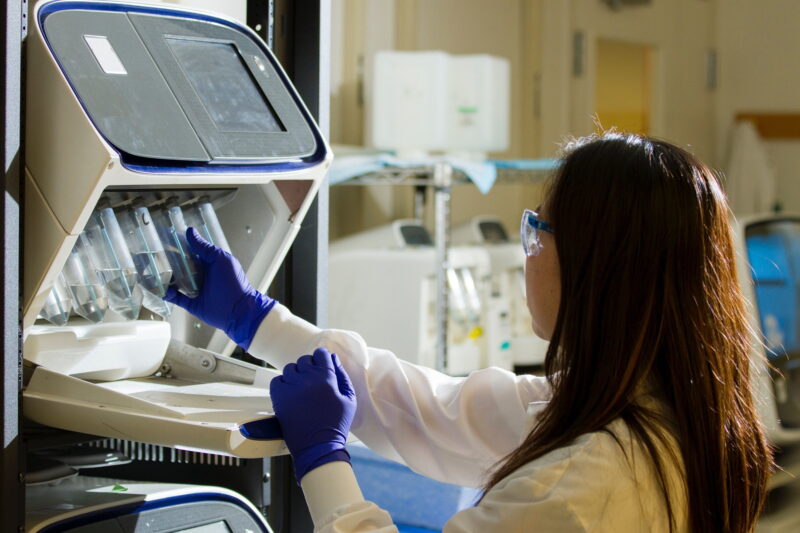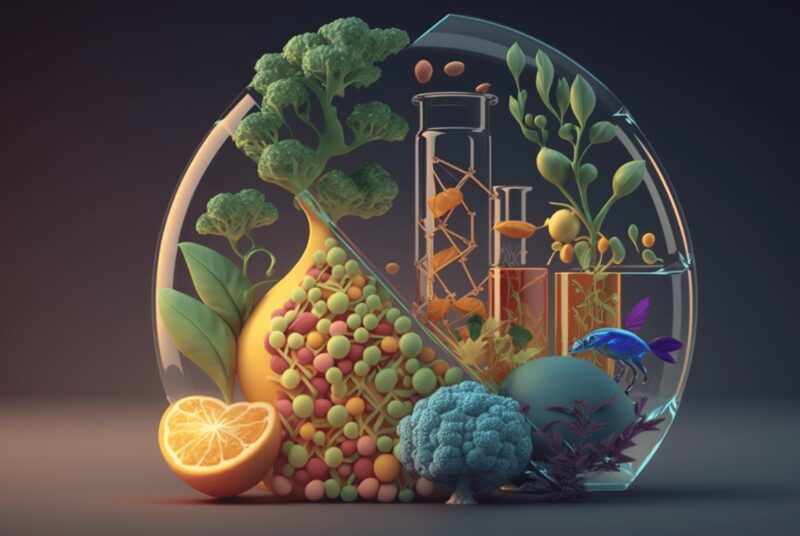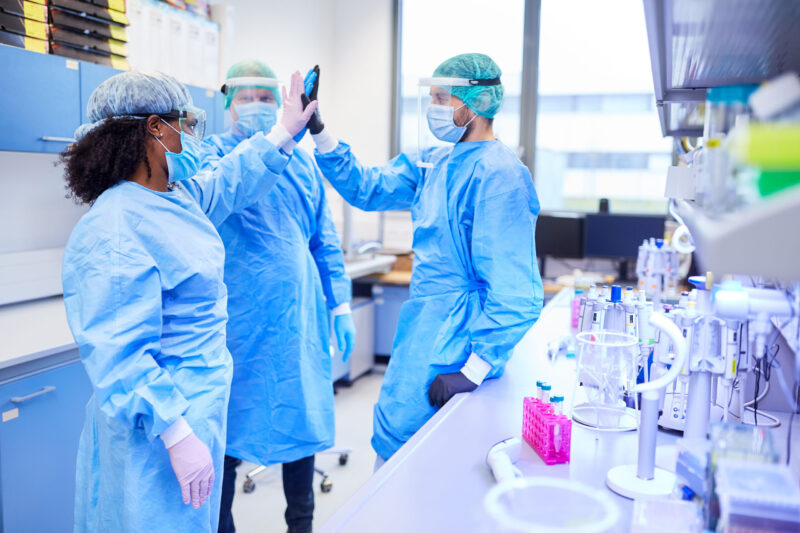In recent years, gluten-related disorders, such as Celiac disease, non-celiac gluten sensitivity, and wheat allergy, have garnered significant attention. These conditions have impacted countless lives, bringing with them a variety of gastrointestinal and systemic symptoms.
As the prevalence of these disorders increases, biotechnology, with its advanced research tools and methods, is stepping into the limelight to offer insights and solutions.
Let’s explore the contributions of biotech in understanding and managing gluten-related disorders.
1. Understanding the Gluten Conundrum
What is Gluten?
Gluten is a protein complex primarily found in wheat, rye, and barley. For many, it’s just another dietary protein. However, for some, consumption can lead to a range of health issues. To delve deeper into these complexities, researchers have turned to biotechnology.
The Spectrum of Gluten Disorders
Three primary conditions fall under gluten-related disorders:
- Celiac Disease: An autoimmune condition where gluten triggers an immune response that damages the small intestine lining.
- Non-Celiac Gluten Sensitivity: Symptoms similar to celiac disease but without the autoimmune response and damage to the intestine.
- Wheat Allergy: An allergic reaction to proteins found in wheat, not just gluten.
2. Biotech’s Intervention in Diagnosis

Advanced Screening Techniques
Traditional diagnostic methods, like blood tests and biopsies, can sometimes lead to misdiagnoses. Biotechnology has introduced advanced genetic screening methods that can identify markers associated with a higher risk of developing celiac disease.
Informational platforms such as Celiac Insight offer more on these modern diagnostic techniques.
Microbiome Analysis
Research has revealed that gut microbiota plays a role in gluten-related disorders. Biotech tools that analyze gut microbiomes can offer valuable insights into individual susceptibilities and ways to rebalance these microbial communities.
3. Therapeutic Approaches Inspired by Biotechnology
Enzyme Therapies
Scientists are exploring enzymes that can break down gluten in the stomach, rendering it non-reactive. This approach might soon provide a safety net for those times when avoiding gluten becomes challenging.
Genetic Modifications
By leveraging genetic modifications, researchers aim to develop gluten-free wheat strains. Companies like Wheeler Bio are pioneering biotechnological research that might one day make this a reality.
Probiotic and Prebiotic Interventions
Biotech research indicates that specific probiotics and prebiotics can potentially benefit those with gluten-related disorders by fostering a healthy gut environment. Resources like Gut Health Hub provide a wealth of information on these microbial interventions.
4. Dietary Solutions and Biotech

Bioengineered Gluten-Free Products
Biotechnology is paving the way for the development of gluten-free products that mimic the texture and taste of their gluten-containing counterparts, making the gluten-free lifestyle more palatable.
Nutrient Fortification
One challenge with gluten-free diets is the potential for nutrient deficiencies. Biotech offers solutions by aiding the fortification of gluten-free foods with essential nutrients, ensuring a balanced diet for those avoiding gluten.
5. The Future: Personalized Solutions
With the progress in biotech research, there’s hope for personalized dietary and therapeutic solutions based on an individual’s genetics, gut microbiome, and specific condition.
This level of personalization could transform the way we approach gluten-related disorders, offering targeted and effective interventions.
Conclusion: The Hopeful Horizon

Gluten-related disorders have posed challenges to many, but with the advancements brought by biotechnology, there’s renewed hope.
As we continue to harness the power of biotech, we move closer to a world where these conditions can be more effectively diagnosed, managed, and perhaps even prevented.
While there’s still much to learn, the synergy of gluten research and biotechnological innovations promises a brighter future for those affected by gluten-related disorders.
